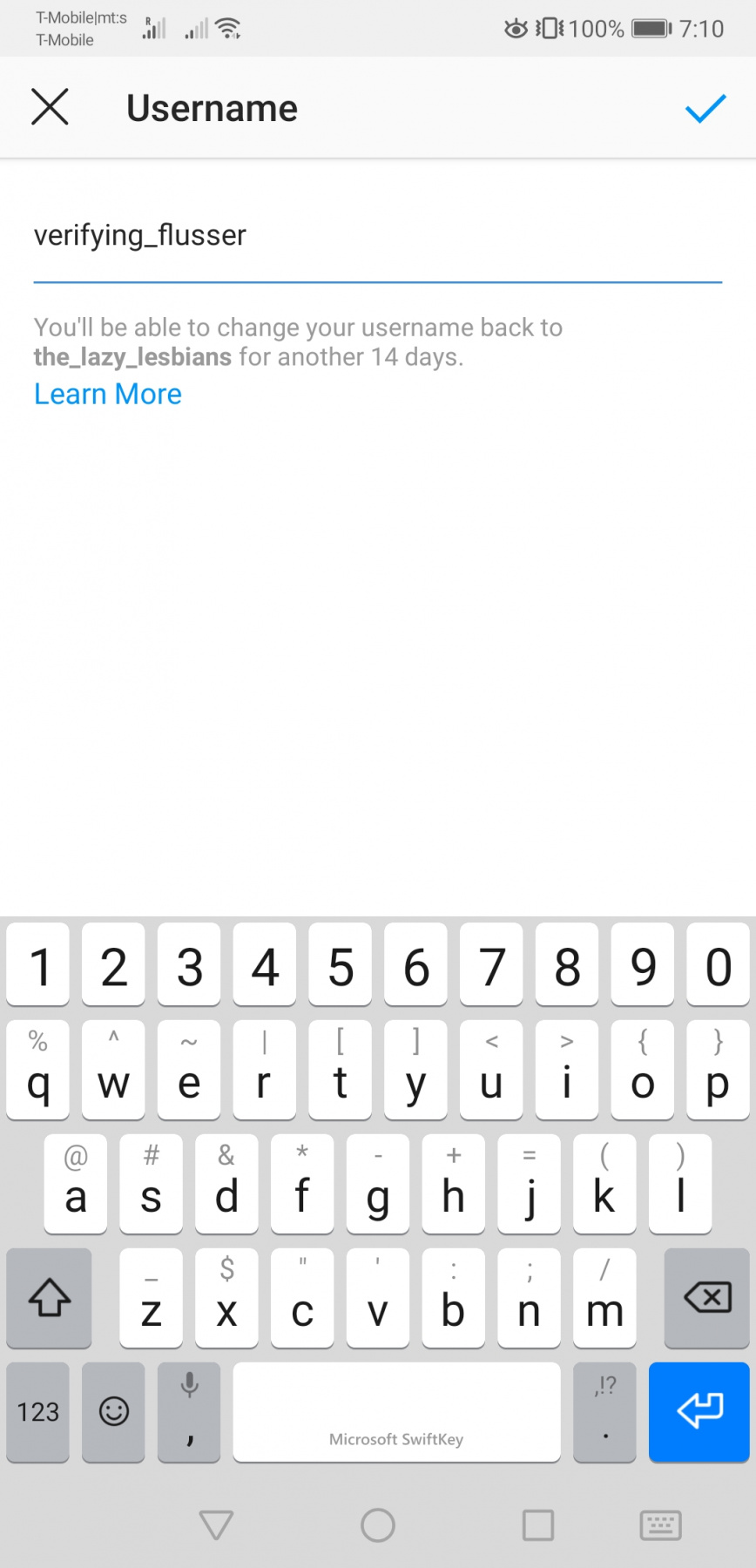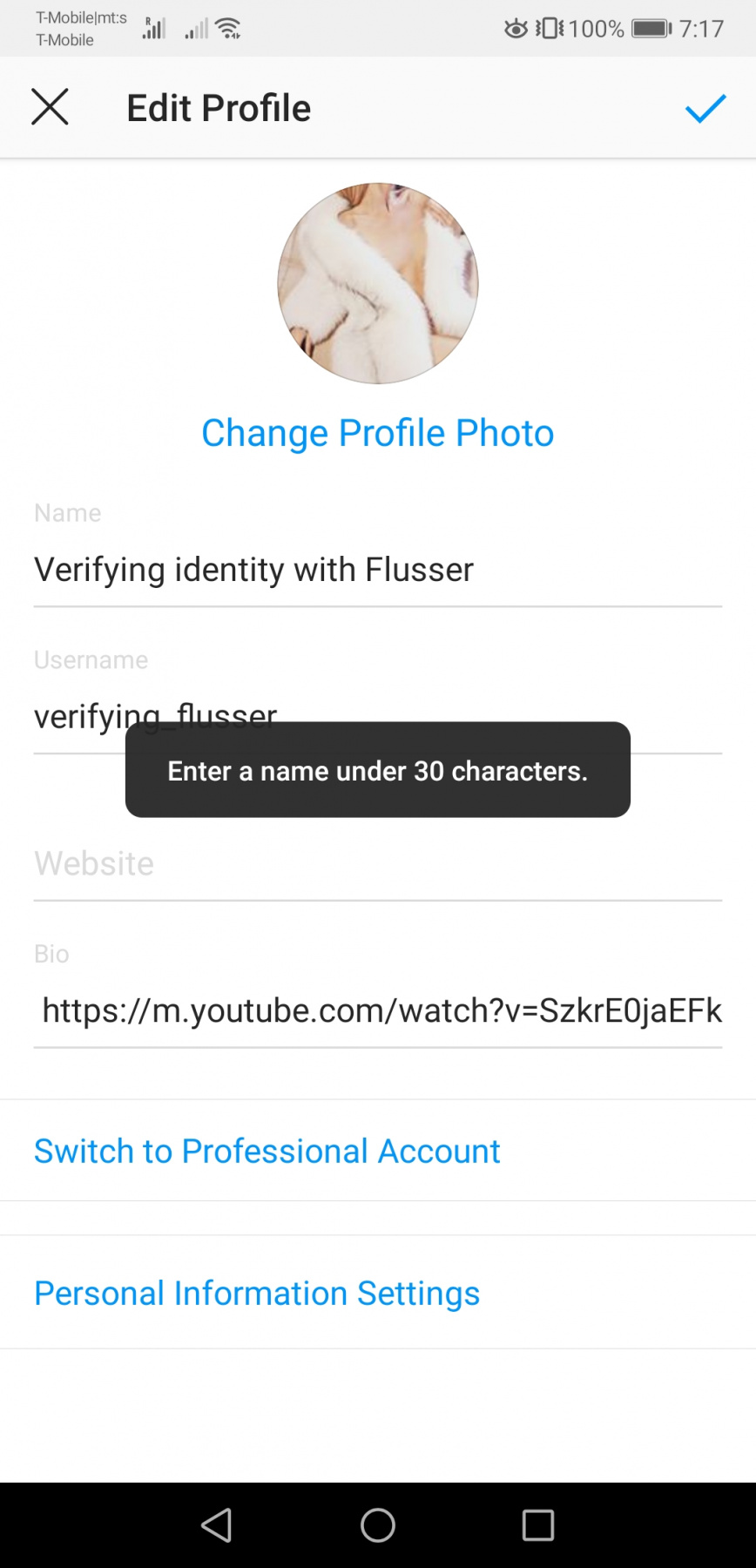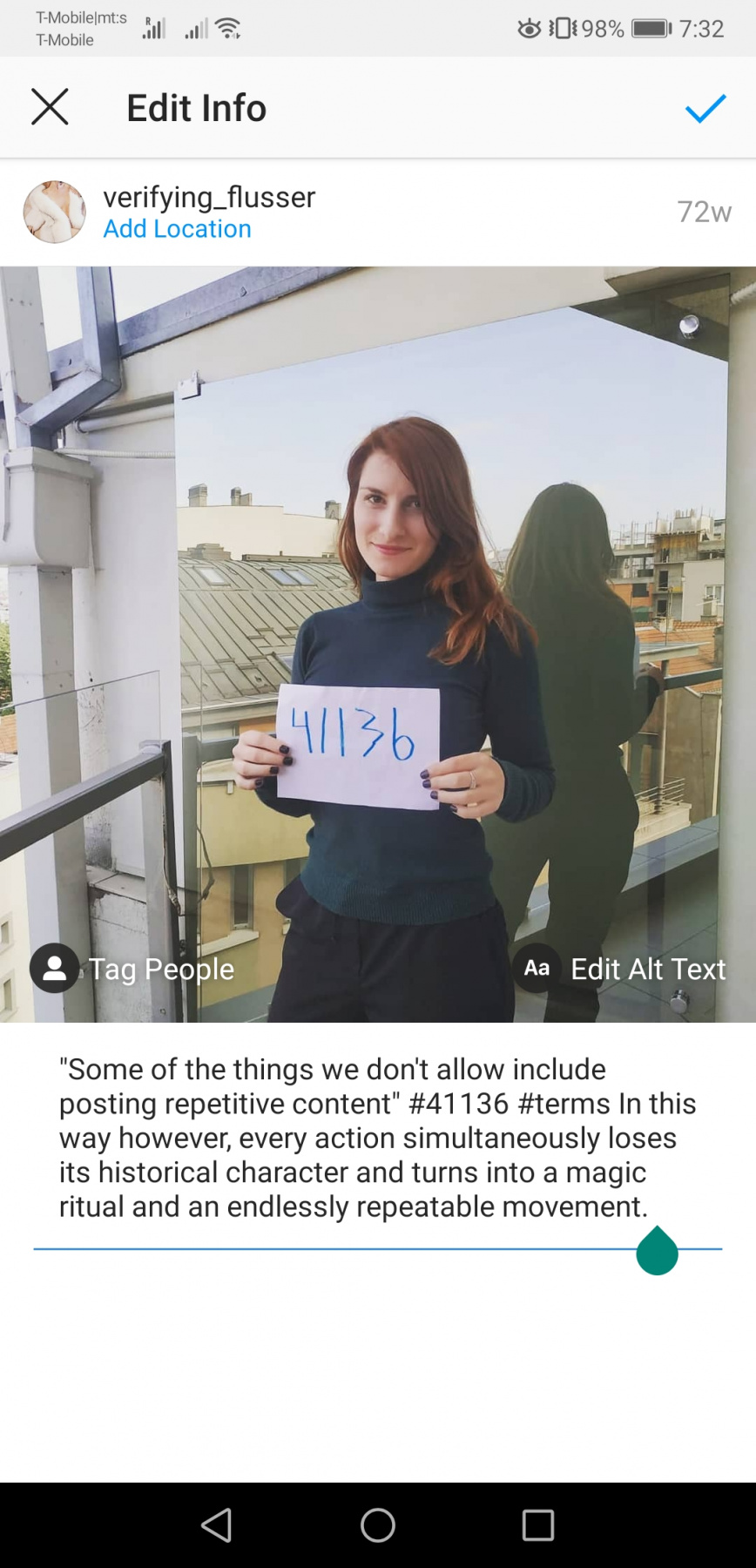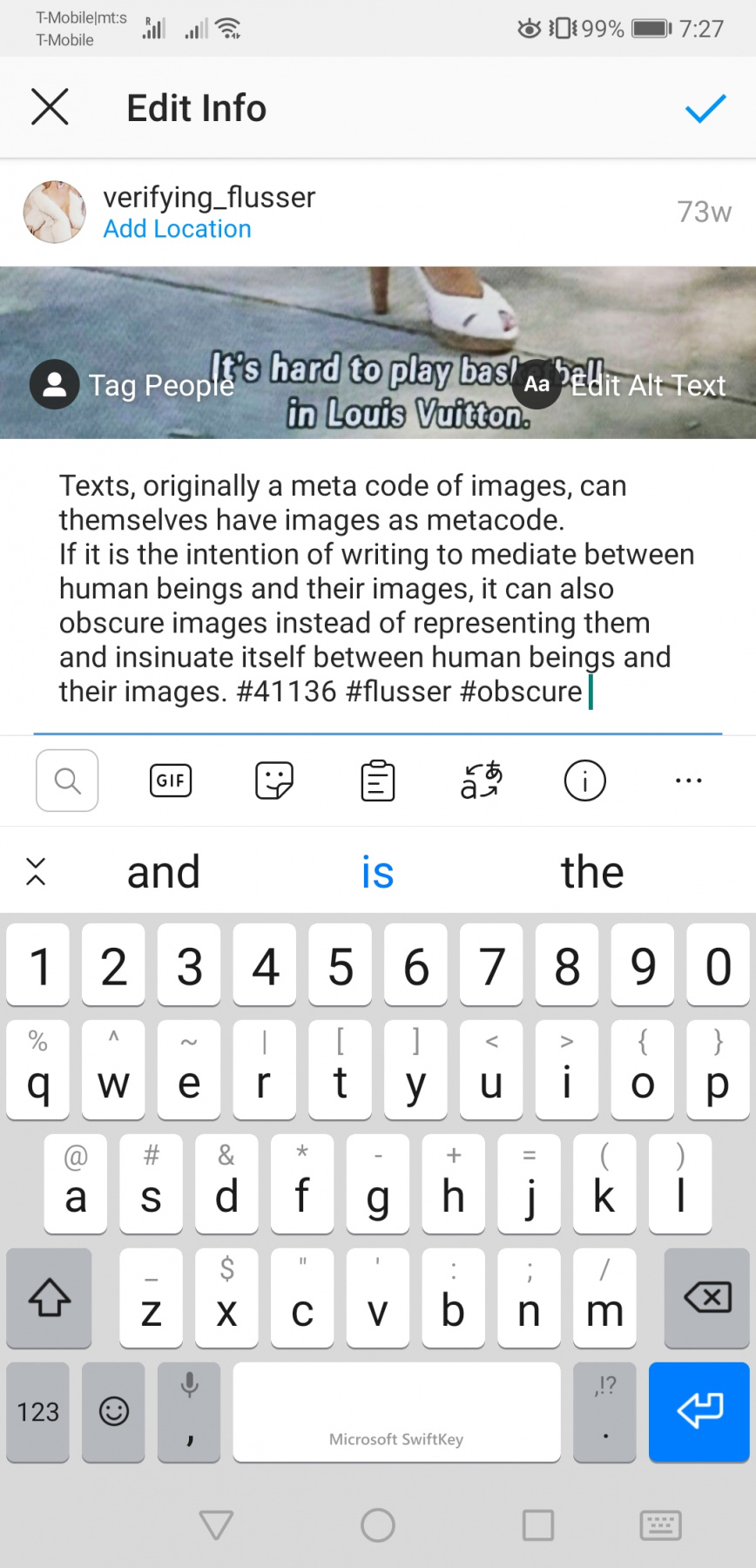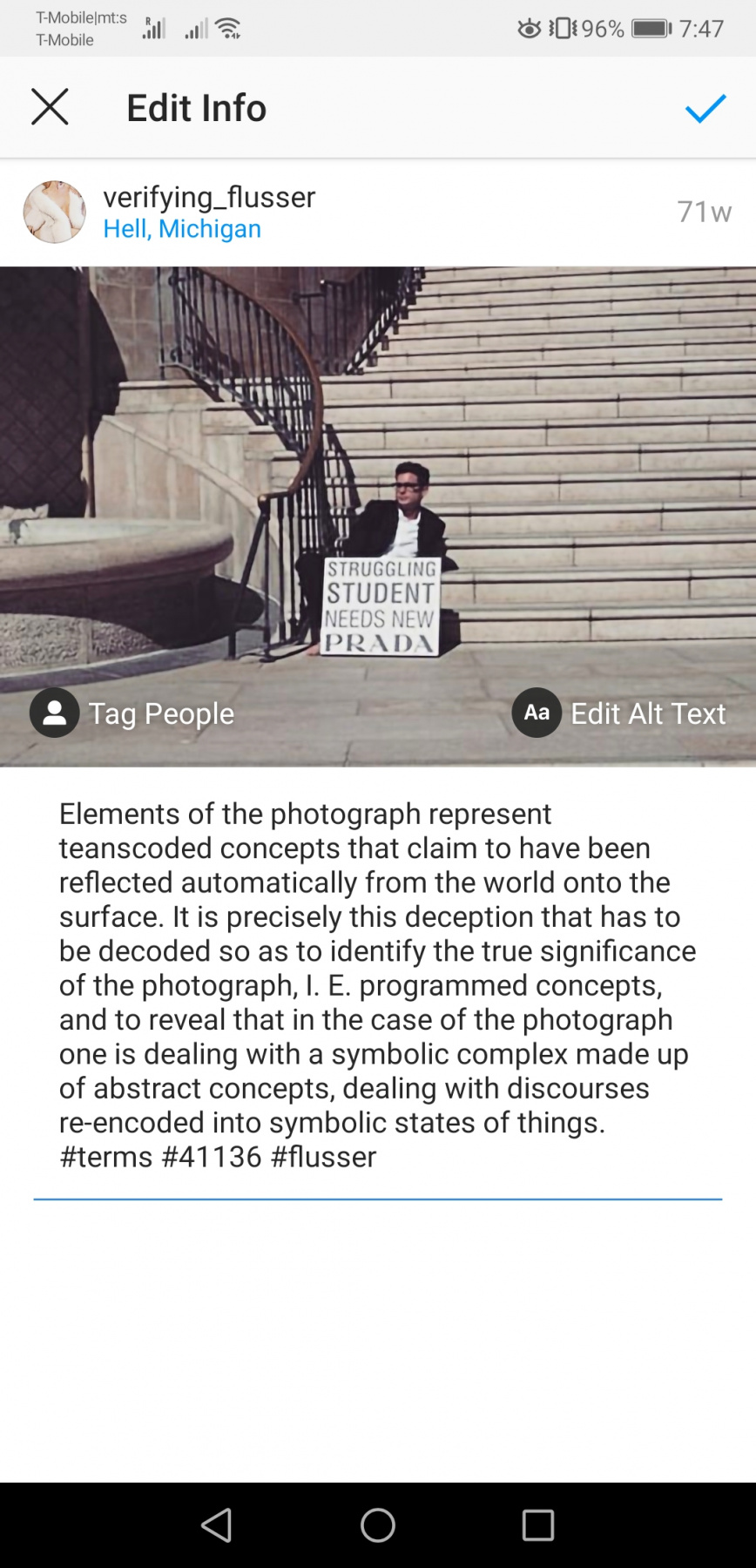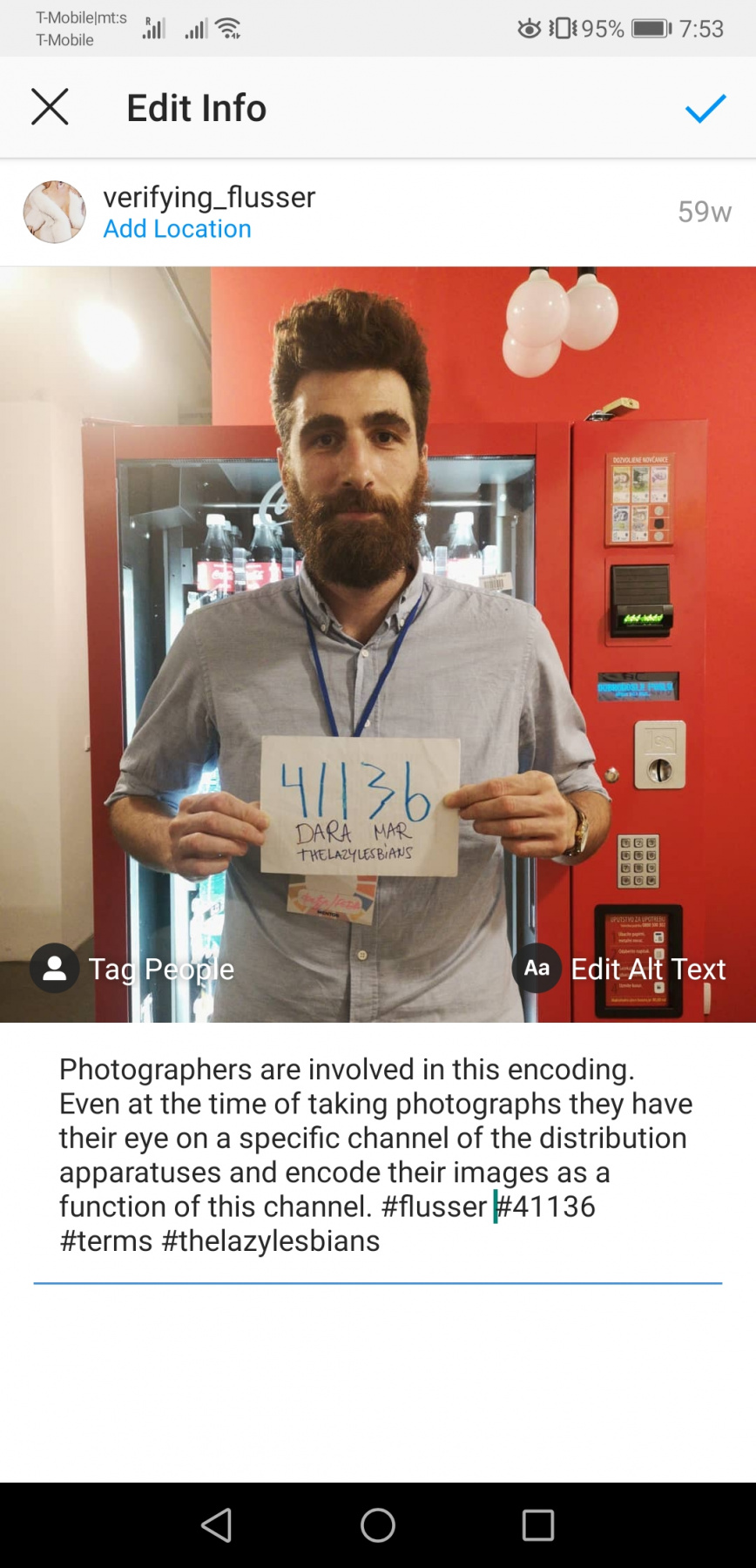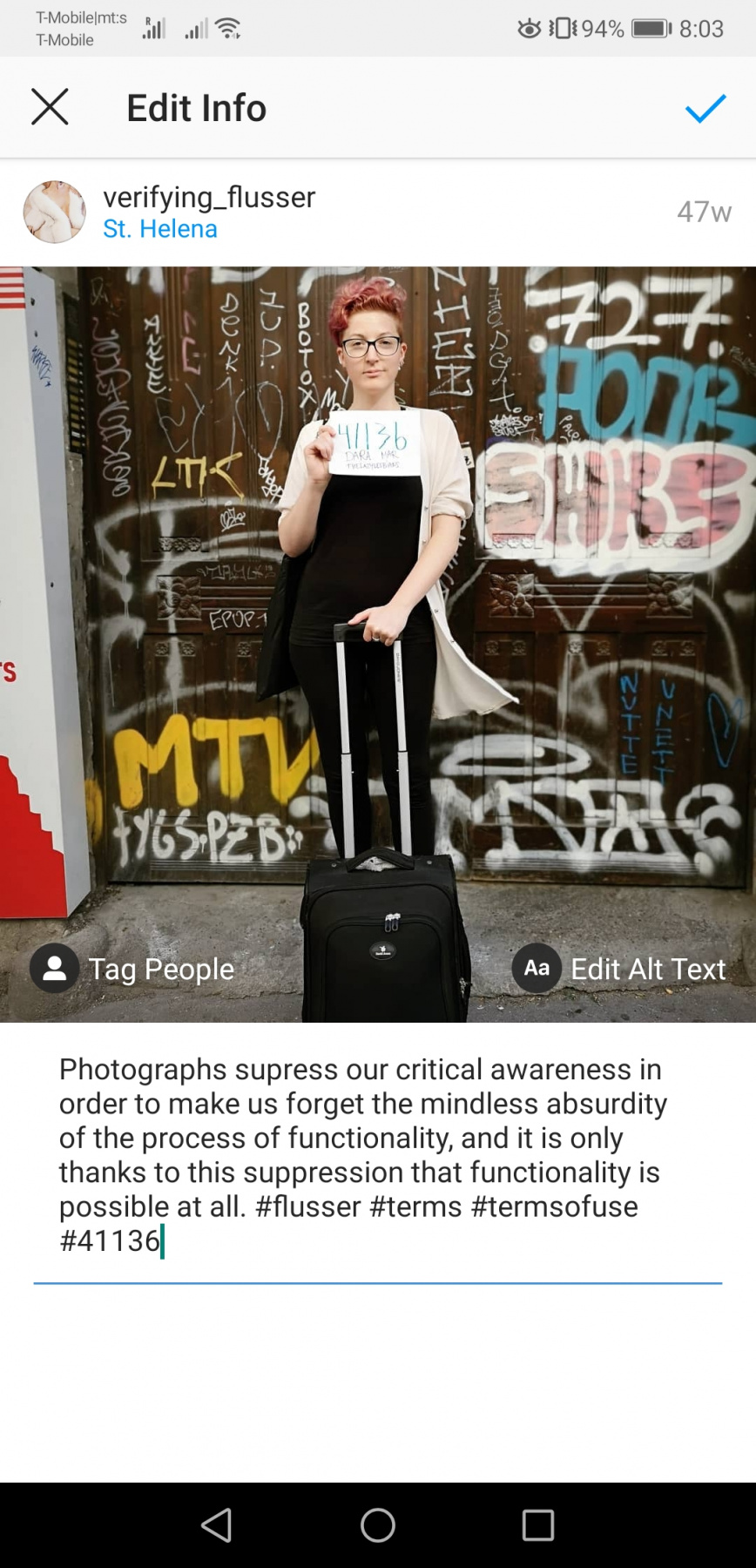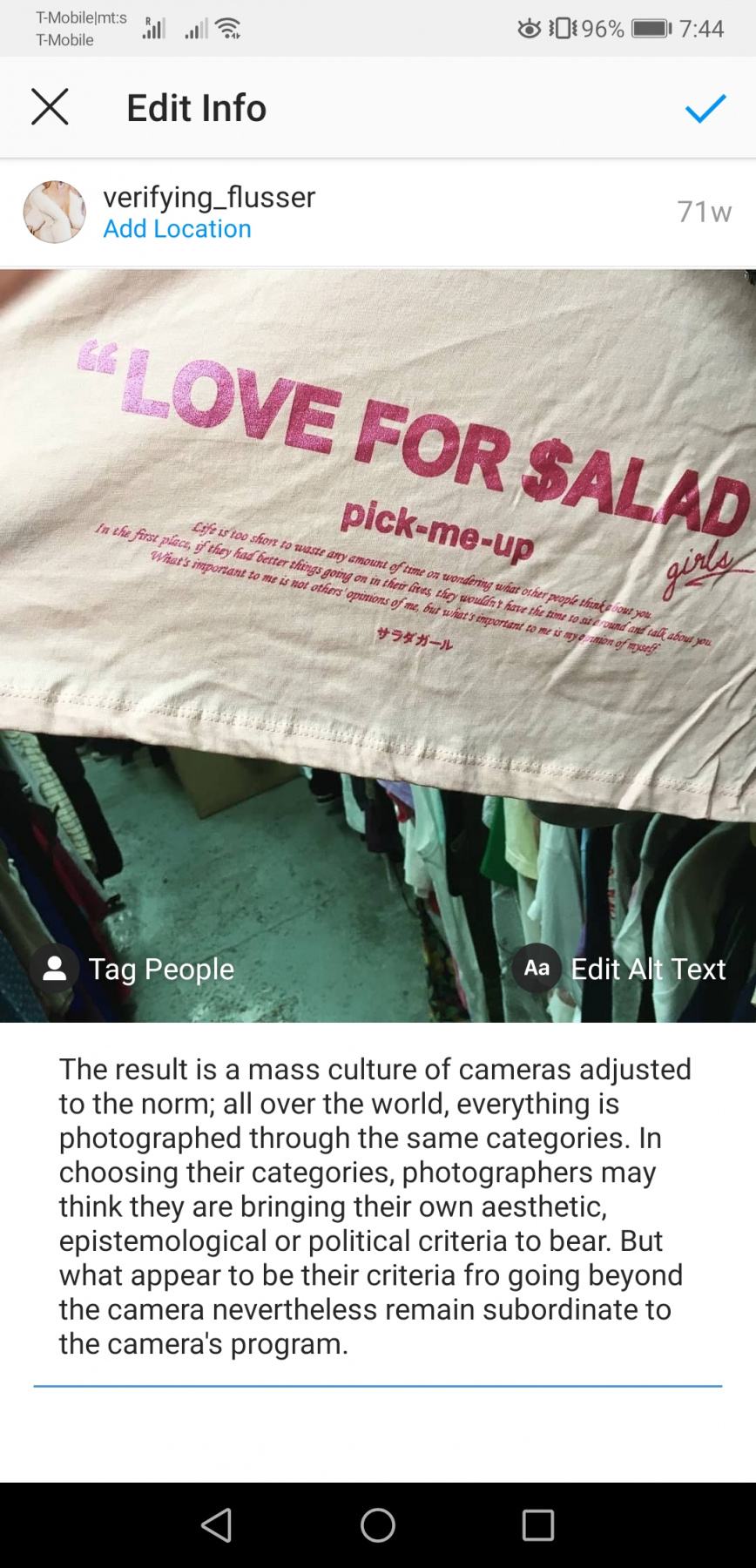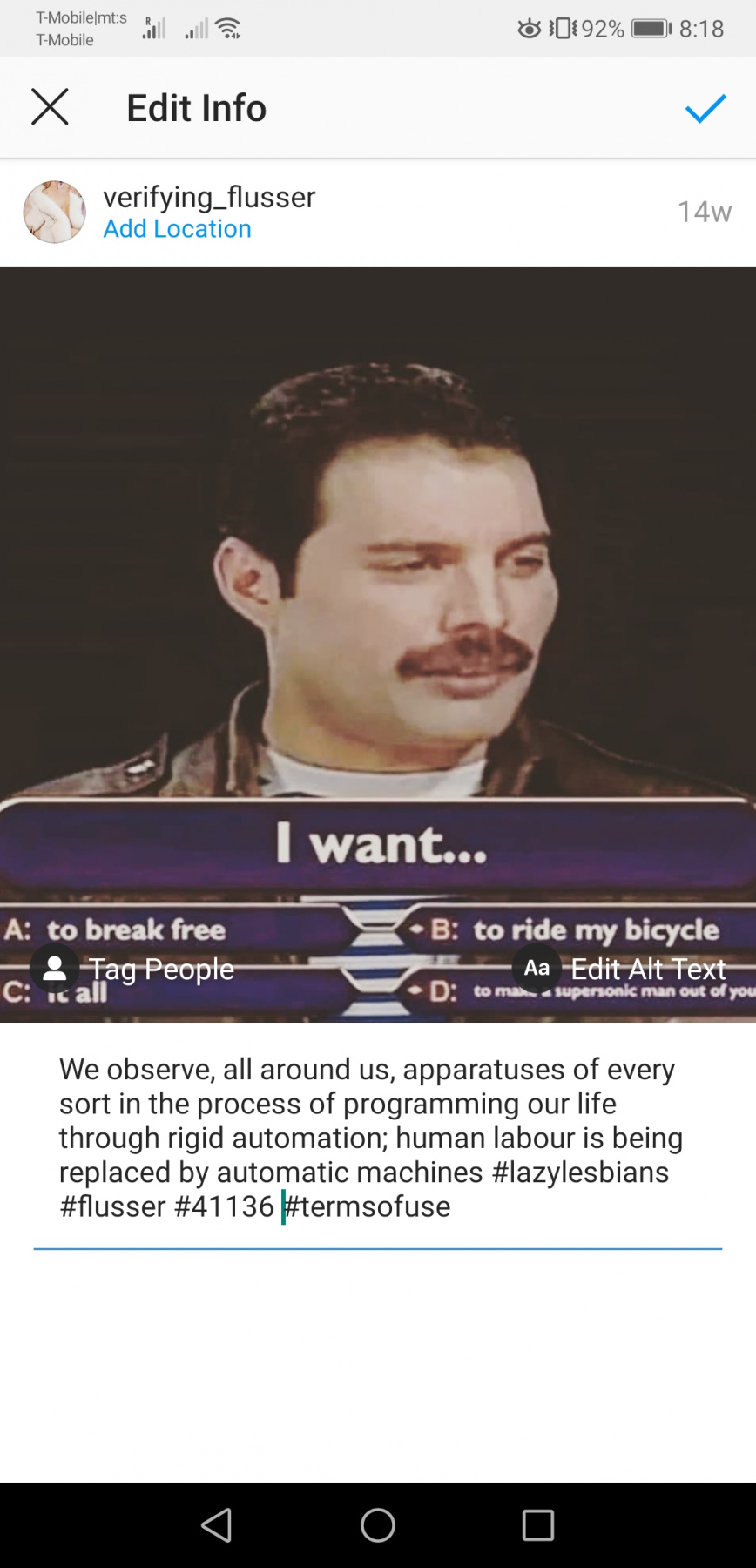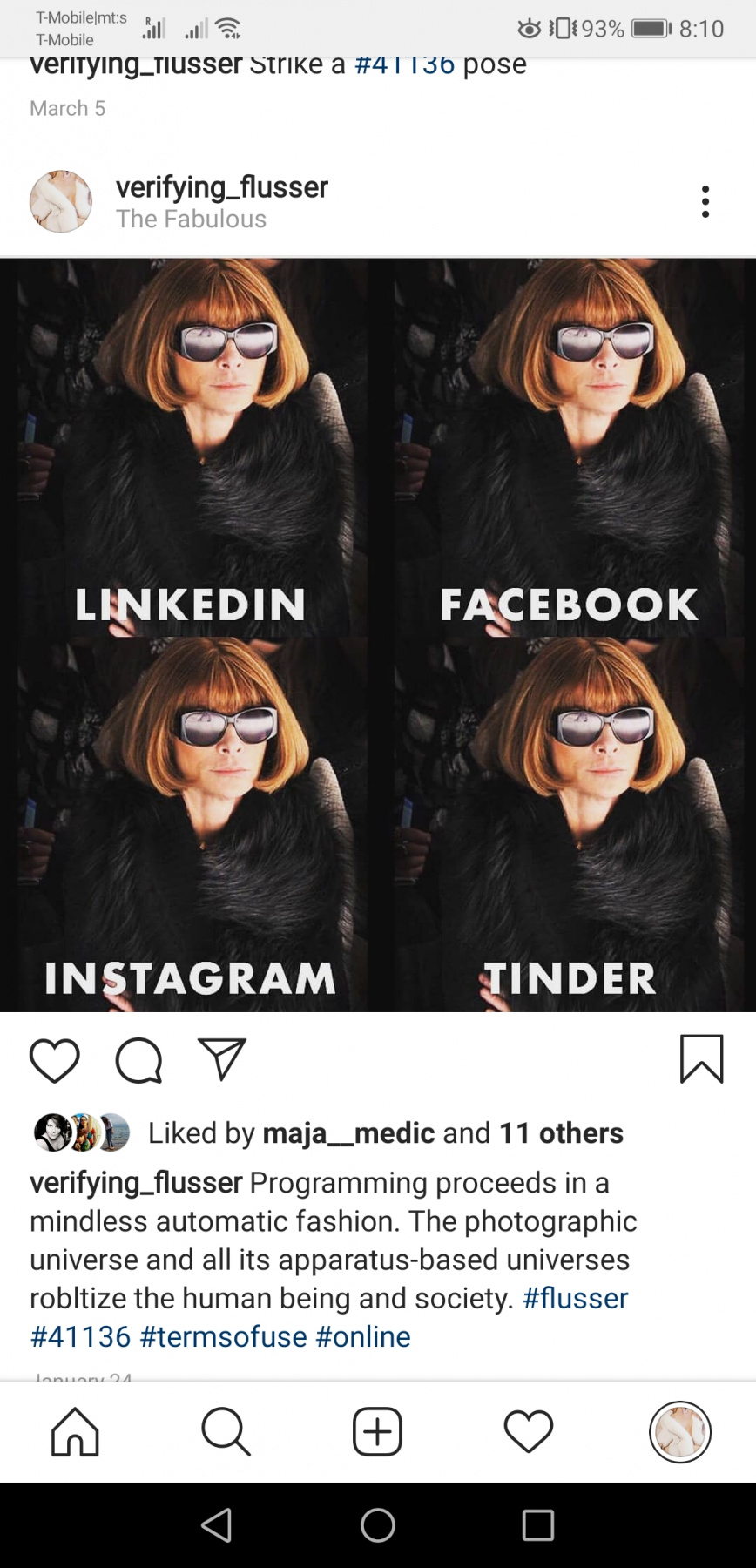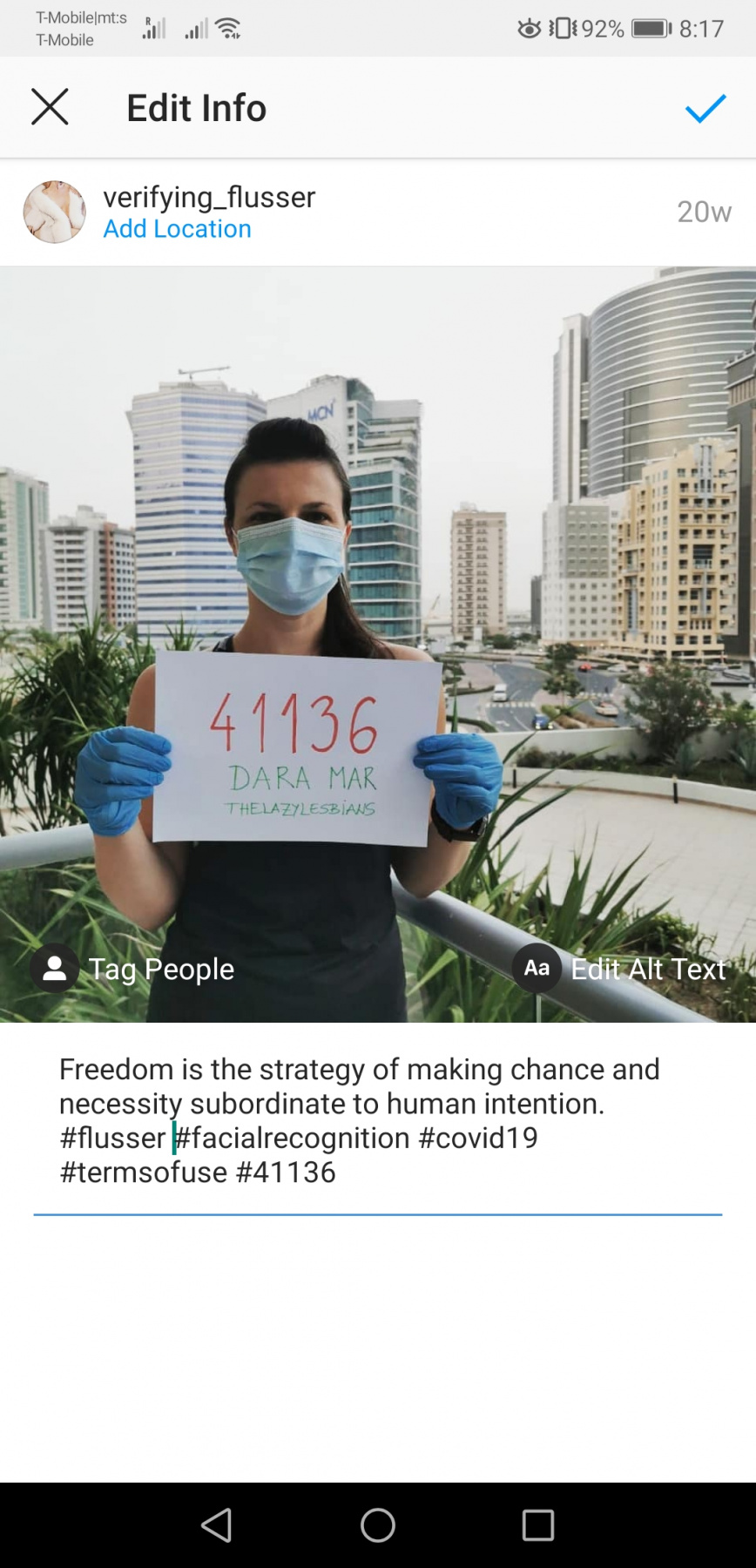We need to verify your identity with Flusser
A collective identity questioning the terms and conditions of dominant social media platforms|apparatus today through documenting the required photographic verification process|program required by Instagram (Facebook) in conversation with Flusser's Towards a Philosophy of Photography. The project started as a response to a blocked Instagram account, followed by a peculiar email from Facebbok with a verification procedure based on taking a photo of oneself, holding a handwritten code, together with username and name user on profile, clearly showing one's face and hands. The hypothesis of this excercise was that, besides there not being a legitimate reason to verify accounts in any more substantial way than through an email, the purpose of this protocol is the collection of data for facial recognition. This proved to be true, as the photo submitted was of a person that volunteered to be the model, which opened space for the identifier code and scene of holding the handwritten code to become the identity itself, What was even more inspiring in this process is that the rigid requested scenography resembles that of a mugshot setting, positioning the model/user in the posture of a potential criminal.

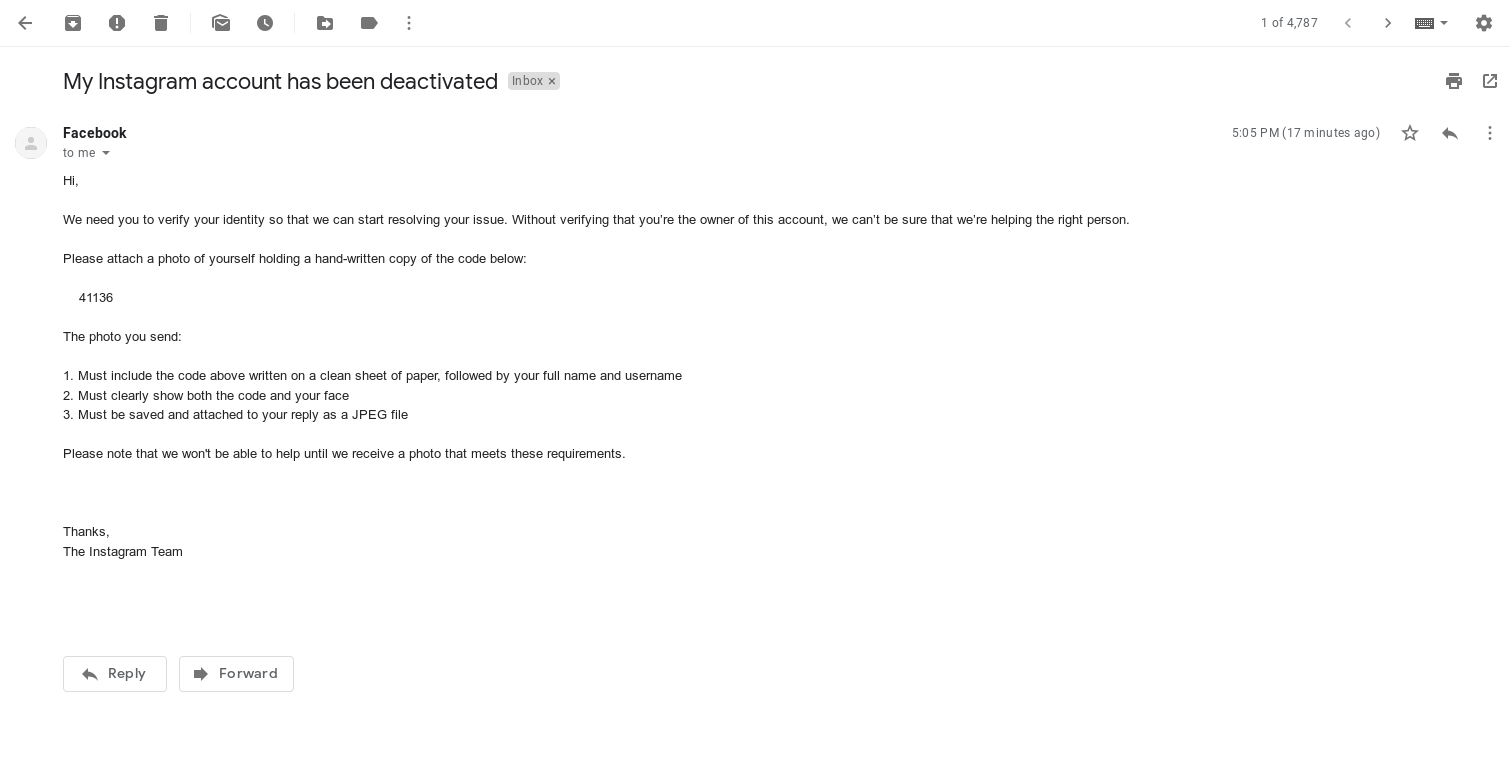
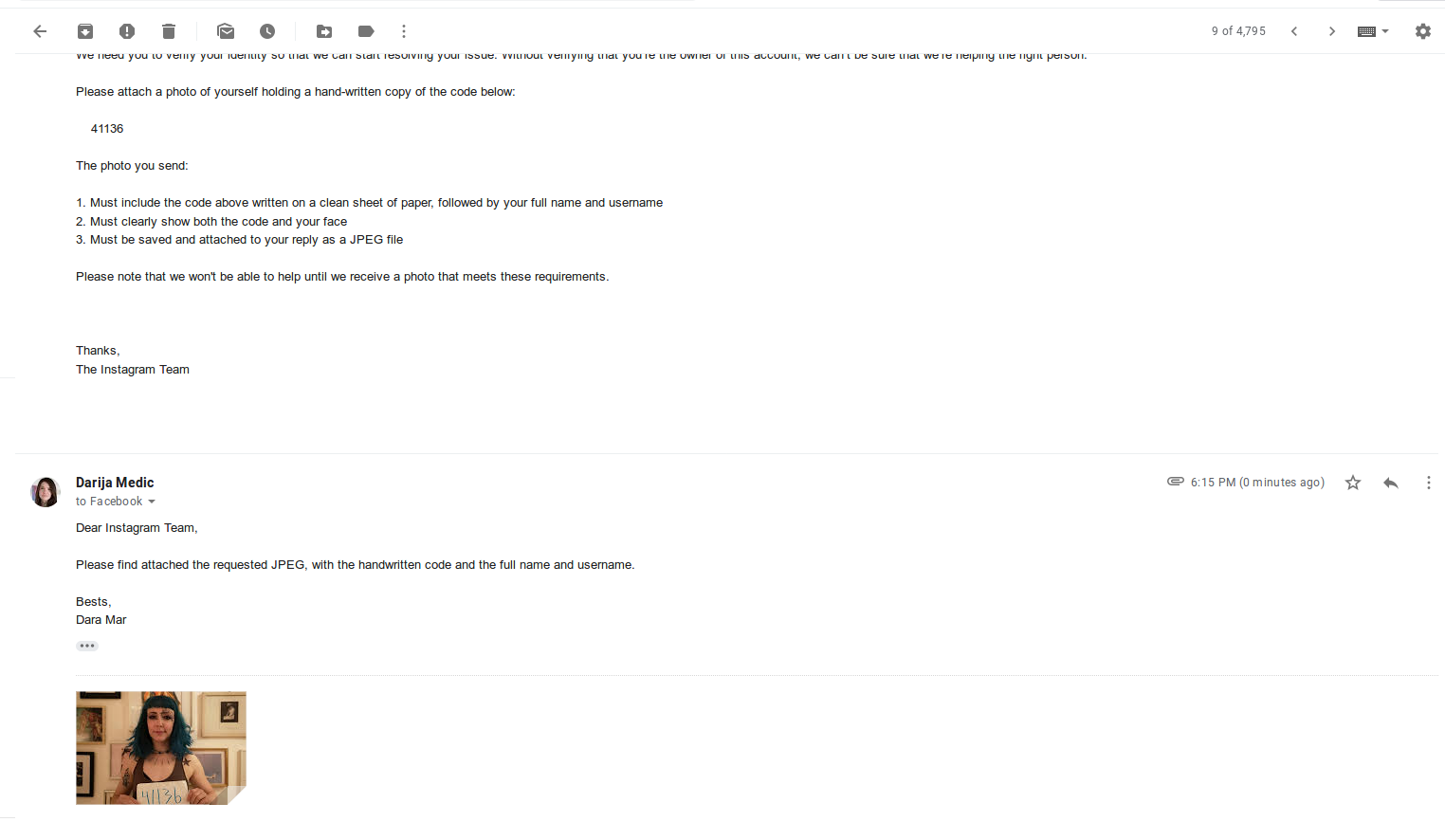
Segments of Towards a Philosophy of Photography are present as text accompanying|confirming Instagram posts, on a platform which is predominantly visual. The images present also consist of screenshots, as a visual reflection on the space of the apparatus of the photograph today. The main elements thought through are the altering of an online identity through everything but the image - the change of the username, placement of text in its "afterlife", after which an image has been seen, the conversation between caption and image in regards to the construction of online identity. The space of the user profile in this way offers endless configurations for reading and rereading Towards a Philosophy of Photography, similar to the endless possibilities of photographic instances. It also allows a nono-linear post historic positioning of the text.
